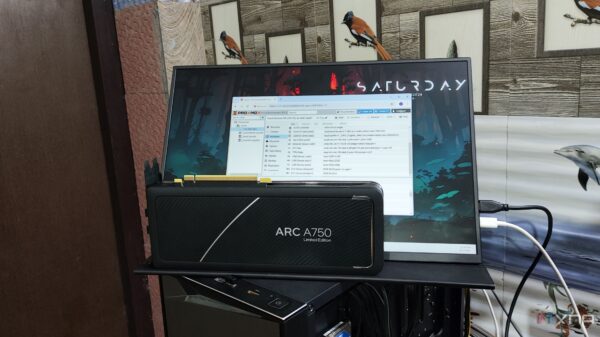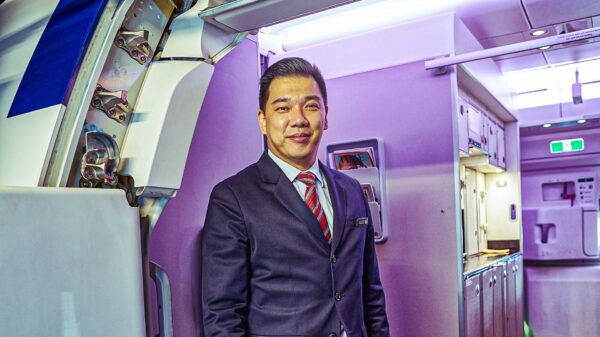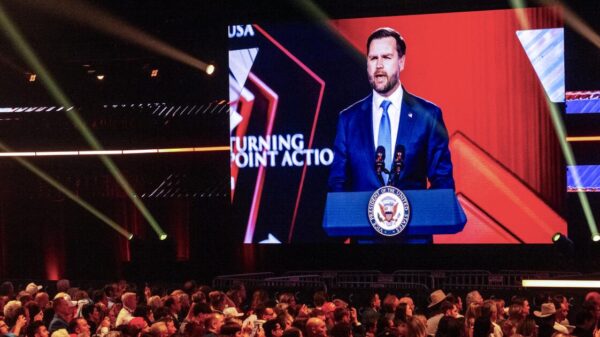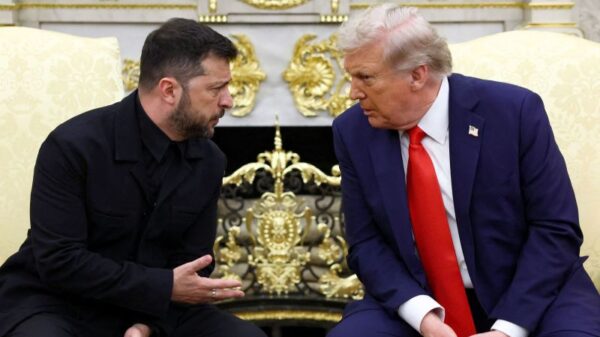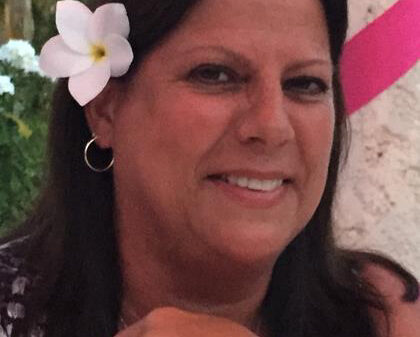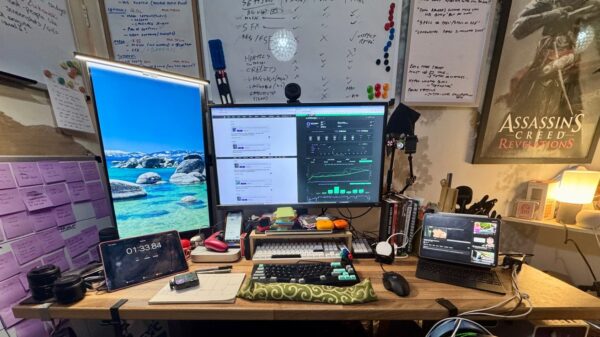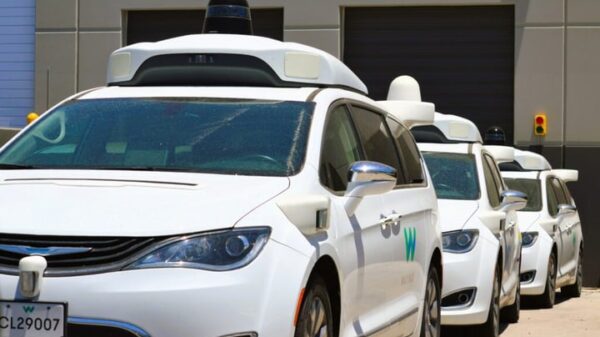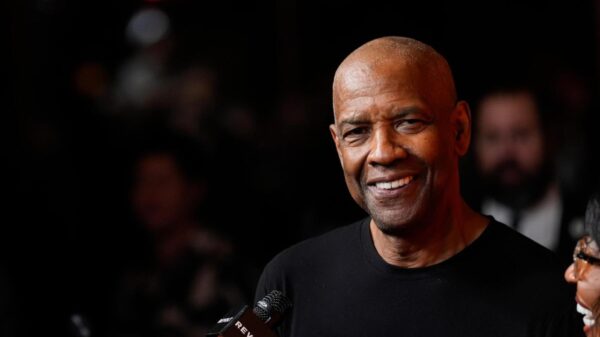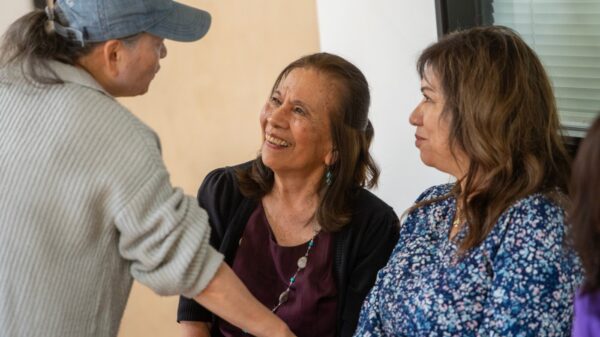A geoengineering startup, Stardust Solutions, has successfully raised $60 million to develop technology aimed at cooling the planet by dimming the Sun. This funding round represents the largest amount ever secured by a company in the geoengineering sector, according to Politico. The investment comes from a mix of Silicon Valley investors and an Italian industrial dynasty, highlighting significant interest in innovative climate solutions amid escalating environmental concerns.
The concept of geoengineering, while promising, remains contentious within the scientific community. It involves the release of aerosol particles into the Earth’s atmosphere to reflect sunlight and potentially lower global temperatures. Yanai Yedvab, CEO of Stardust Solutions and a former physicist for the Israeli government, acknowledged that while “solar radiation management” is a starting point, it cannot fully eliminate the risks associated with climate change. He stated, “There will still be extreme weather events,” emphasizing that the technology is not a panacea.
Stardust Solutions is notable for being a private entity, a departure from similar initiatives typically spearheaded by educational institutions or nonprofit organizations. Many researchers advocate for the use of sulfate aerosols, inspired by the cooling effects of volcanic eruptions. However, Yedvab criticized sulfates as a “poor option” due to their potential impact on atmospheric contamination and the ozone layer.
Instead, the company is focused on developing a proprietary particle that can be produced at scale and at a relatively low cost. Yedvab described the desired particle as needing to be “as safe as, say, flour.” The company is currently pursuing a patent for this innovative particle and plans to initiate “controlled outdoor experiments” as early as April 2024. These experiments will involve releasing particles from a modified aircraft at an altitude of approximately eleven miles.
Despite the ambitious plans, there are significant concerns regarding governance and oversight in geoengineering. Critics question who will control the deployment of these particles and assess the potential risks associated with such actions. This skepticism is underscored by incidents such as the halt of an unapproved experiment by scientists at the University of Washington last year, as well as the suspension of a Harvard University project due to public backlash.
The skepticism is echoed by experts in the field. David Keith, a professor at the University of Chicago, expressed doubt about the feasibility of developing a particle that would perform better than sulfates. Gernot Wagner, a climate economist at Columbia Business School, questioned the viability of the startup’s business model, stating, “I don’t think it is a reasonable path to suggest that there’s going to be somebody— the US government, another government—who buys Stardust.”
For his part, Yedvab maintains that any deployment of their technology will occur under rigorous governmental oversight. He emphasized the need for “very clear guiding principles” when dealing with such critical environmental issues. As Stardust Solutions embarks on this ambitious journey, the effectiveness and ethical implications of geoengineering technologies will likely remain at the forefront of public and scientific discourse.



